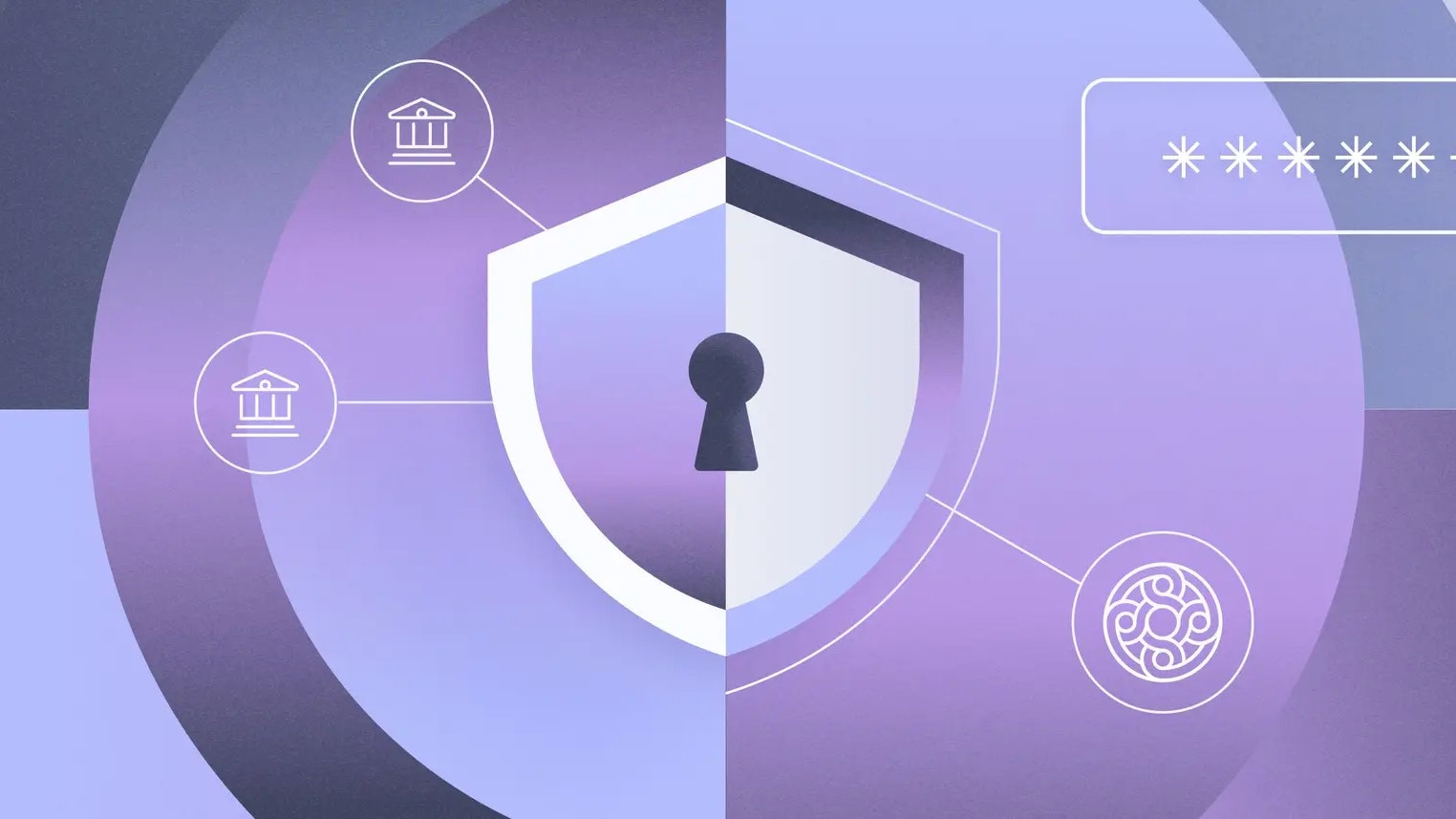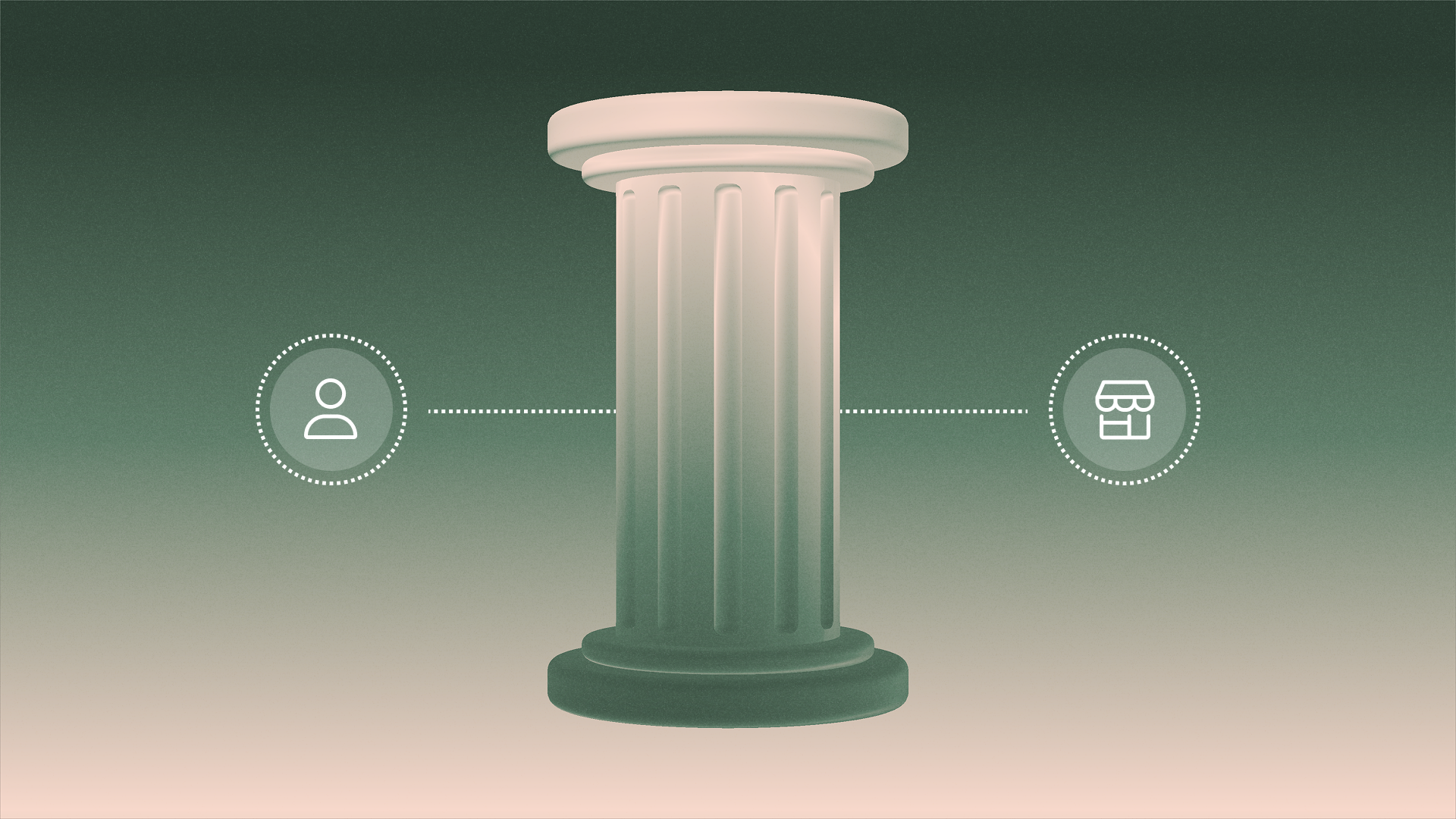Are sweep networks safe?

A sweep network is a program used by banks and other financial institutions to spread customer deposits across multiple FDIC-insured banks. This allows customers to access increased FDIC protection without having to manage separate bank accounts.
But are sweep networks too good to be true? To answer this question, we have to start by understanding how they work — and how banks are incentivized.
How do sweep networks work?
In a typical bank account, your deposits are only insured up to $250K, regardless of how much money is stored in that account. This dates back to how FDIC insurance was originally designed to protect everyday depositors. But if your startup needs more insurance than that, it’ll need to disperse its cash across accounts at more banks. Sweep networks allow your bank to open those additional accounts on your behalf so that you can maximize your FDIC coverage without having to juggle multiple accounts yourself.
“Sweep networks are set up to ensure that FDIC insurance passes through from each bank to the customer,” says Casey Jennings, a financial attorney at Seward & Kissel who specializes in financial service regulation. “If the customer is participating in a sweep network with ten banks, then they should be eligible for $2.5M in insurance coverage. Each customer in a sweep network has a deposit account at each bank. It might be held by a custodian and records might be kept by the custodian, but from the FDIC's perspective, each customer has an individual deposit account at each program [bank].”
How safe are sweep networks?
They may have flown under the mainstream media’s radar until recently, but sweep networks are nothing new — they’ve actually been around for decades.
“Properly set up and managed, [sweep networks] are perfectly safe,” says Casey. His estimate is that the current total in sweep deposits amounts to over $2T. “Sweep deposits have been extremely common in the broker-dealer world for many, many years. This is not a fly-by-night operation that someone just came up with. There’s some serious money being moved through sweep networks — and that has moved through sweep networks for at least two decades.”
By placing your deposits across multiple FDIC-insured banks, sweep networks offer your funds built-in diversification. Following the logic of storing your eggs in multiple baskets, a sweep network is structured so that even if one of the banks in the network fails, the safety and accessibility of your remaining funds at other banks across the network won’t be impacted.
Sweep networks also provide an additional element of safety for the participating banks themselves, who are able to balance cash flow between each other. Banks with more deposits than they want to hold can send money to banks that want to support their own lending — this coordination helps each institution manage its balance sheet.
So why don’t more banks opt into sweep networks?
It’s not a matter of safety, as Casey explains — just business. “Many banks would rather keep the money at the bank — even if it's uninsured.”
U.S. banks practice something called fractional reserve banking, meaning your bank only holds about 10% of your deposits at one time. They use the remaining 90% to earn yield through methods like investing in securities or making interest-charging loans. “Bank deposits are a loan to the bank, and the bank can use that money,” says Casey. “If they sweep the money off their books, they can no longer use that money in their business.”
On top of that, FDIC insurance isn’t free — banks have to pay for it. Sweep networks are also required to meet certain conditions in order to qualify for FDIC insurance, and not all sweep networks satisfy those requirements.
While sweep networks aren’t too good to be true, the logistics and incentives are somewhat complex. In an ideal world, the FDIC would raise and expand insurance coverage for all businesses — they might also provide more clarity around which types of situations would drive them to backstop deposits and which ones wouldn't. But only time will tell.
At Mercury, our top priority is to help startups maximize the protection of their funds so that they can maximize their peace of mind. With Mercury Vault, we’re able to arm every single account with up to $5M in FDIC insurance — 20x the standard per bank limit — through our partner banks’ sweep networks.
We also give customers the opportunity to safeguard any cash beyond that FDIC-insured amount in money market funds.
Experience banking as it should be. Sign up for an account today to get started.



